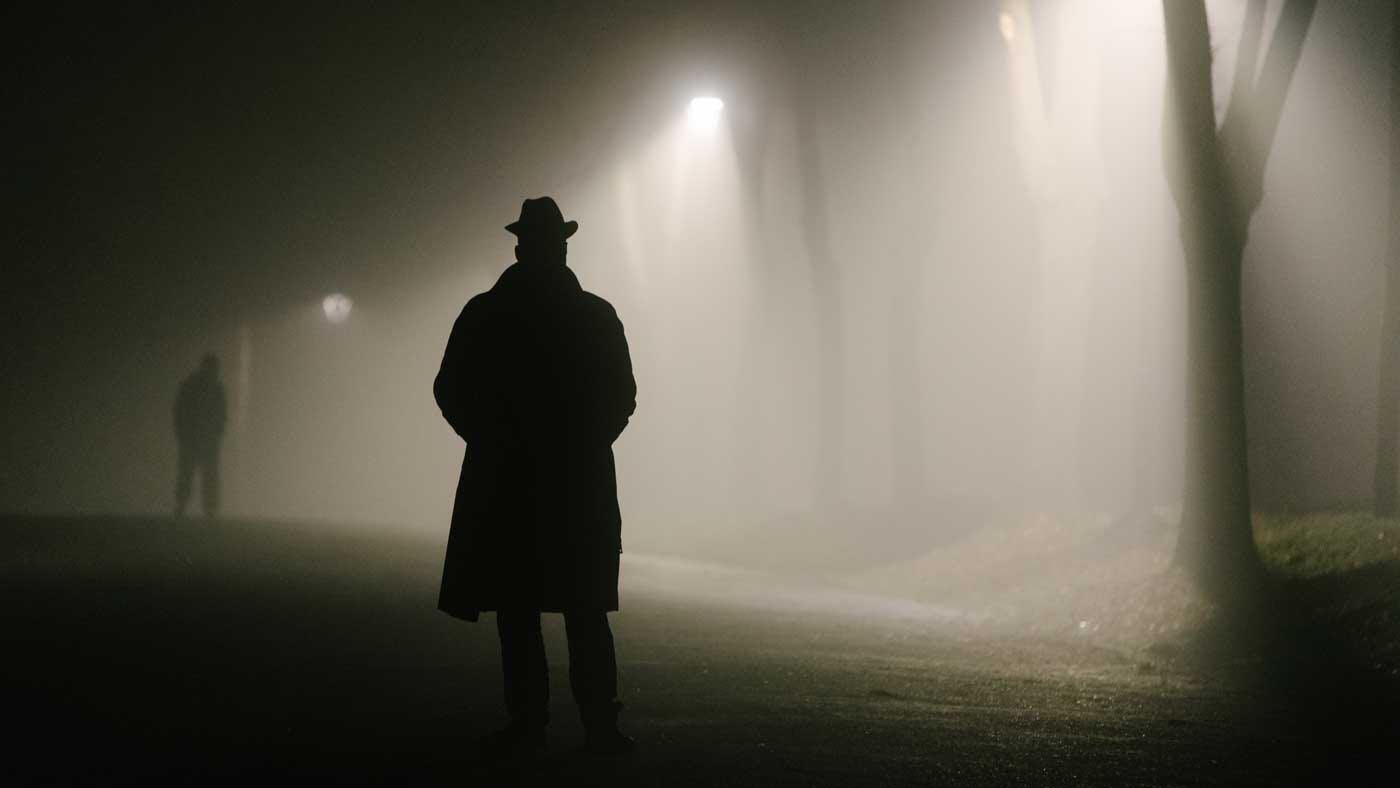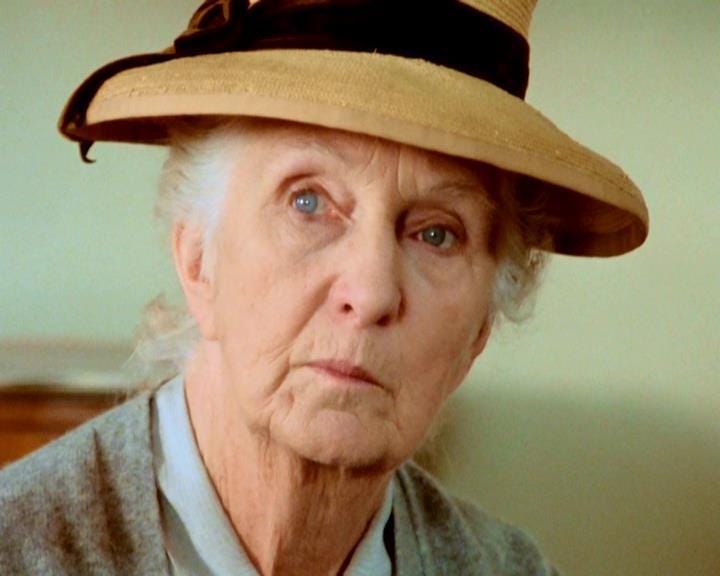
“The murderer should be a little man of the professional class — a dentist or a solicitor, say — living an intensely respectable life somewhere in the suburbs, and preferably in a semi-detached house, which will allow the neighbours to hear suspicious sounds through the wall. He should be either chairman of the local Conservative Party branch, or a leading Nonconformist and strong Temperance advocate. He should go astray through cherishing a guilty passion for his secretary or the wife of a rival professional man, and should only bring himself to the point of murder after long and terrible wrestles with his conscience. Having decided on murder, he should plan it all with the utmost cunning, and only slip up over some tiny unforeseeable detail.”
George Orwell, The Decline of the English Murder
Orwell was writing, with his usual talent for getting straight to the point, about the sort of murders favoured by News of the World readers, the kind they preferred to read about after Sunday lunch and suet pudding. Nothing very much has changed, though now it’s less fearless reporters and more True Crime podcasts, and the favoured murderer is less respectable dentist and more psychopathic boyfriend - ideally a student, living an elite life to which his deprived background makes him unsuited, so we can sneer at both the sun-dappled colleges in the photos and the miserably deprived estate where he grew up. There’s a reason why Saltburn’s Oliver struck a chord.

We also love a good murderous couple, or a spurned, ice-cold ex-wife. The key is the ‘utmost cunning’, undone by the tiny detail - that’s what impassions the armchair sleuths. Nobody’s interested in a sudden spousal lunge with the breadknife, after a lifetime of being belittled. We want labyrinthine plans, ideally a diary written in Bletchley-style code laying out the timeline, unwitting accomplices and sociopathic nerves of steel.
This is what drives the relentless conspiracist nerds of social media to treat every accident or briefly unexplained death like an episode of Vera. Poor Nicola Bulley fell in a river and currents swept her under the branches. (In fact, she was found exactly where my husband, who happens to be a river flow expert, said she’d be found). That didn’t stop thousands suggesting her entirely innocent husband had somehow teleported to her side and pushed her in. As for the McCanns, not only were they forced to endure the vanishing of their daughter under the tabloids’ merciless spotlight, they were also the subjects of a million cruel, accusatory theories from people who felt important using the word ‘arguido.’
Every time a woman is killed, we assume it’s the husband and retrofit theories to prove it. We apparently have a profound need to discover the perpetrator of a terrible crime and expel them from society- with or without proof. In our primeval past, before courts and trials, before police and detectives and formalised ‘justice’, that would have been a life-saving skill. If someone in your tribe is bumping off other members, it’s fairly essential that you get them out of the cave and banished to the wilderness before they poison another batch of buffalo stew. Accuse first and ask questions later is quite possibly the result of an innate human drive towards survival. But the fear of getting it wrong runs deep - as that means the killer isn’t shivering by a thorn bush, but cuddled up under the bearskin with you, planning their next crime.
That fear is what drives our endless fascination with crime as entertainment - the chance to practice our own detective skills alongside the hero or heroine, because the more chances we get to solve a murder, the more likely we’ll be to get it bang on, should we ever be called on to collar a killer. From The Woman in White to Line of Duty, via Agatha Christie and Starsky and Hutch, whodunnit lies at the heart of the world’s most popular entertainment throughout history. (Spoiler: It was Pontius Pilate.)
I had cause to think about all this the other night, as I was invited by good friends to a Murder Mystery night, whereby a small troupe of actors enact a murder offstage, and the dinner guests decide who did it and present their findings after pudding. This was quite a fancy version, held in a castle (I live in Scotland, there’s a lot of them) with three actors playing various roles, then coming to sit amongst us so we could quiz them, in character. I’d never done it before, but I found I had a great many questions. ‘How long have you known Bertha?’ ‘Why do you have the key to the medicine cabinet?’ ‘Was it your dog who barked?’ My inner PD burst forth, and Andy and I spent a good hour devising a plausible theory via spider diagrams and arcane medical knowledge. In fact, we were so focused and fervid, our end of the table took to calling us ‘Poirot and Marple,’ possibly not entirely fondly.
Obviously, the real solution was both extremely simple and impossible to guess, which was infuriating for the perspiring Bletchley twins over here.
Because the solution to a murder has to be fair. We feel we must be given a full buffet of clues, all served at the right moment, so we can assess and conclude. A murder without those key elements is pure thuggery.
This longing for the perfect murder and its elegant, reassuring solution runs through film, TV and books, too. If it can’t be a real puzzle for us to solve like a cryptic crossword, let it at least be a brilliant fictional narrative, one which ends with the murderer brought to justice– or dead. Few of us want an open-ended tale of a murderer who repeatedly gets away with it (although the new Ripley on Netflix soon might be the exception).
When I was sent my contract to write three ‘cosy crime’ books – ie, no close-up viscera, no dead children - I realised that it was essential to play by the rules of murder. There would be clues, there would be morally decent detectives and they would come to a correct and satisfying solution.
I loved writing all three of them, because for once, I had power, I could know the answer before anyone else, including my characters, and I could dispense justice however I liked. It’s that longing for certainty that underpins our feelings about real-life murder, too. Without that spurious sense of control, we’re just vulnerable creatures, crouching in the grass as predators creep ever closer.
Buy my murderous yet satisfying books here: The Edie York murder mystery series





